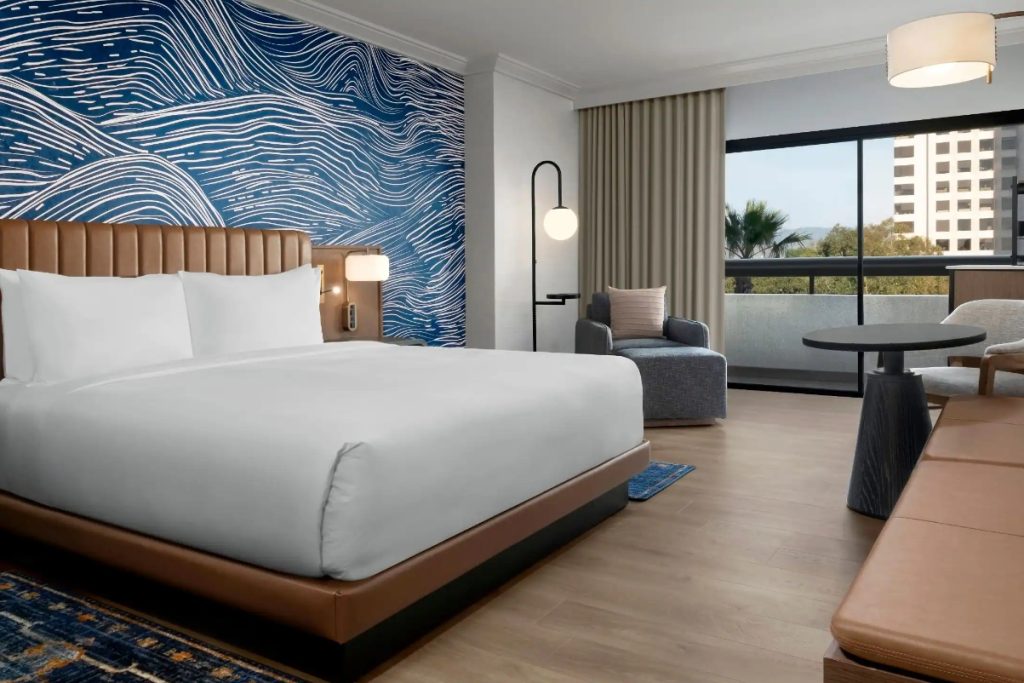Hyatt has successfully shifted to an asset-light model, generating 80-85% of its earnings from properties it doesn’t own. The hotel group has met its target of $2 billion in gross proceeds from selling real estate by the end of 2024. Despite this achievement, Hyatt plans to continue selling more hotels and supplement its asset-light strategy with tuck-in deals, such as its recent acquisition of the hotel booking site, Mr & Mrs Smith. The company also selectively buys, renovates, and sells properties to enhance its brand portfolio.
This strategy has allowed Hyatt to generate significant cash proceeds, with $5.6 billion in gross proceeds from asset sales since 2017. The company has also made non-hotel acquisitions, such as the purchase of Mr & Mrs Smith, using the cash generated from selling hotel assets. Hyatt believes that maintaining a residual owned portfolio will enable them to incubate concepts and maintain brand standards through hands-on testing. It also allows them to fund non-hotel acquisitions while enhancing their brand portfolio.
Hyatt’s revenue from leisure travel has increased to 55% from high 30s pre-pandemic, showcasing a strong recovery in leisure demand. Business travel is also rebounding strongly, with 12% revenue growth in the second quarter. Group bookings are pacing ahead, with 4% growth for the remainder of 2024 and 7% for 2025. These positive trends indicate a robust recovery in the hotel industry, especially in the luxury segments that Hyatt caters to.
The acquisition of Mr & Mrs Smith has been beneficial for Hyatt, catering to their high-end clientele with an average daily rate of $500. The company aims to convert some Mr & Mrs Smith hotels to franchised Hyatt brands in the longer term, potentially earning higher fees from these properties than the current arrangement. Challenges remain due to the small size of the average Mr & Mrs Smith hotel, limiting franchise potential. However, the deal exemplifies major hotel companies’ use of asset-light strategies to expand their networks and loyalty programs rapidly.
Hyatt’s move to an asset-light model follows a trend in the accommodations sector, with all major hotel groups larger than Hyatt adopting similar strategies. Instead of owning or leasing hotel real estate, these companies operate properties through management or franchised contracts. This shift allows the companies to focus on expanding their networks, driving engagement with loyalty programs, and potentially increasing market share. Hyatt’s continued expansion into lifestyle hotels and all-inclusive resorts, along with potential smaller acquisitions, will be key areas to watch for future growth and development.
Overall, Hyatt’s asset-light strategy has been successful in generating cash to fund acquisitions, enhancing its brand portfolio, and navigating the changing demands of the hotel industry post-pandemic. With a focus on selling more hotels, supplementing with tuck-in deals, and expanding into lifestyle hotels and all-inclusive resorts, the company is well-positioned for continued growth and success in the evolving accommodations sector.


